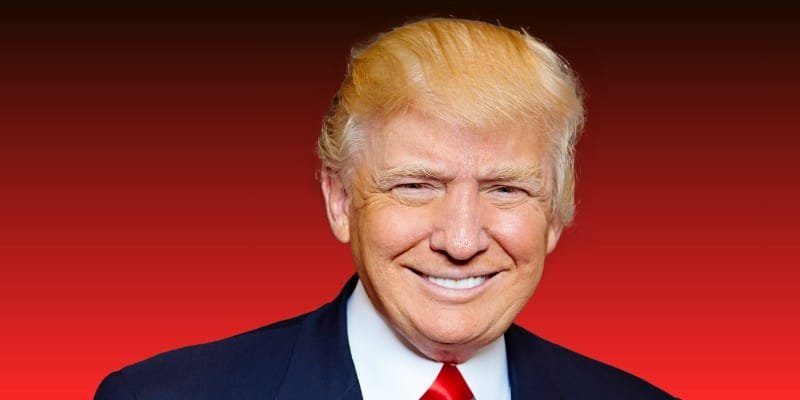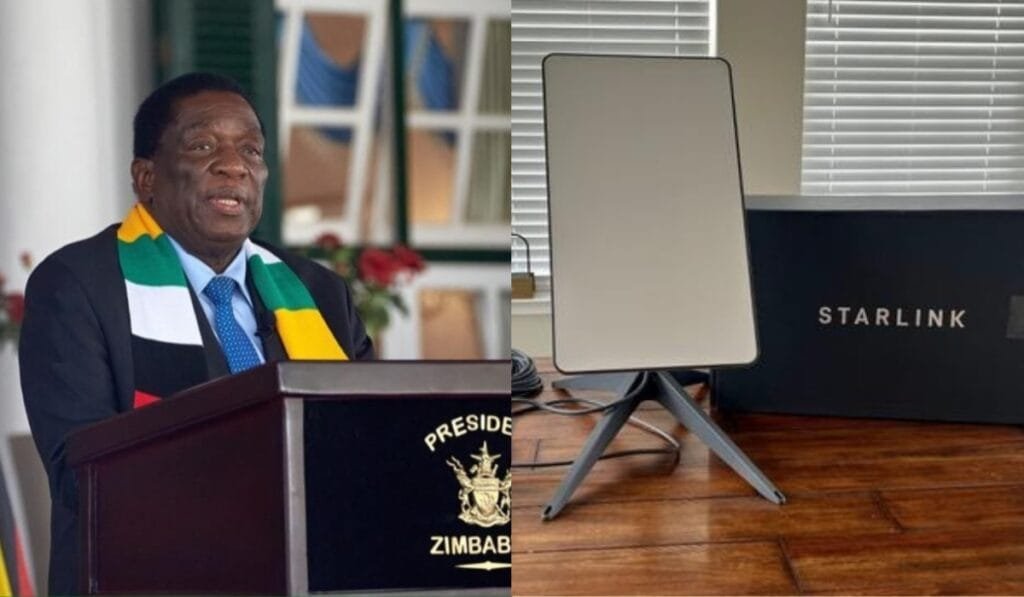The Trump administration is poised to dramatically scale back the United States’ diplomatic presence worldwide, with a proposal to close nearly 30 embassies and consulates, over half of which are in Africa. This move, driven by a plan to slash the State Department’s budget by nearly 50% and reduce foreign aid by approximately 75%, has raised concerns about the future of U.S. influence on the continent. As global powers like China expand their footprint in Africa, the proposed closures could reshape diplomatic and economic relationships at a critical time.
According to an internal State Department document cited by Africanews, the embassies targeted for closure in Africa include those in Lesotho, Eritrea, the Central African Republic, the Republic of Congo, The Gambia, and South Sudan. Additionally, consulates in Durban, South Africa, and Douala, Cameroon, are also on the list, with their responsibilities potentially shifting to neighbouring countries. While the proposal remains under review and is not yet finalised, it has already sparked intense debate among policymakers and international relations experts about the long-term implications for U.S. diplomacy.
The closures are part of a broader cost-cutting initiative led by the Trump administration, which aligns with its “America First” agenda. Spearheaded by a new government efficiency office overseen by billionaire Elon Musk, the plan aims to reduce federal spending across multiple agencies. However, critics warn that diminishing the U.S. diplomatic presence in Africa could cede strategic ground to other global players, particularly as the continent grows in geopolitical and economic significance.
Africa Bears the Brunt of Closures
Of the 27 diplomatic missions recommended for closure, at least 16 are in Africa, representing approximately 60% of the total. The embassies in the Central African Republic, Eritrea, The Gambia, Lesotho, the Republic of Congo, and South Sudan are among those targeted, according to Reuters, which reviewed a separate internal memo. Consulates in Durban, South Africa, and Douala, Cameroon, are also slated for shutdown, potentially complicating visa processing and other consular services for local populations. The memo suggests transferring these responsibilities to embassies in neighboring countries, but details on implementation remain unclear.
The heavy focus on African missions has drawn scrutiny, particularly given the continent’s strategic importance. Africa is home to critical mineral resources, a fast-growing consumer market, and increasing geopolitical competition. A Reuters report from November 2024 highlighted existing staffing shortages at U.S. embassies in Africa, which have already undermined Washington’s ability to counter China and Russia’s growing influence. Closing these missions could exacerbate these challenges, limiting the U.S.’s ability to engage in diplomacy, intelligence gathering, and economic partnerships.
Global Context of Diplomatic Downsizing
While Africa faces the majority of the proposed closures, the plan also includes embassies in Malta, Luxembourg, Grenada, and the Maldives, as well as consulates in Europe, Asia, and the Caribbean. In Europe, consulates in cities like Bordeaux, Lyon, and Strasbourg in France, and Leipzig and Düsseldorf in Germany, are under consideration for closure, according to The New York Times. In Asia, consulates in Busan, South Korea, and Medan, Indonesia, are also on the list. These reductions reflect a broader strategy to consolidate large missions, such as those in Japan and Canada, and resize costly posts like those in Mogadishu, Somalia, and Iraq.

The proposed budget cuts, outlined in a White House Office of Management and Budget “Passback” document, aim to reduce State Department funding by nearly $30 billion for fiscal year 2026, starting October 1, 2025. While the State Department can request revisions, a U.S. official told Reuters that the final version is unlikely to change significantly before submission to Congress, where some funds may be restored. However, the scale of the proposed cuts has raised alarms about the U.S.’s ability to maintain its global diplomatic presence.
Stakeholder Concerns and Criticisms
Critics of the proposal argue that closing embassies in Africa could have far-reaching consequences. A Fulbright alumni advisor quoted by The Standard warned that shutting down diplomatic posts risks “closing off relationships, intelligence channels, and trust,” particularly in fragile states like South Sudan, which relies on international partnerships post-civil war. The closures could also disrupt programs like the President’s Emergency Plan for AIDS Relief (PEPFAR), which provides significant funding to African nations, including $400 million annually to South Africa’s HIV/AIDS initiatives.
International relations experts have expressed concern that reducing the U.S. diplomatic footprint could diminish American influence at a time when China is expanding its Belt and Road Initiative across Africa. According to a CSIS report from January 2025, Africa’s growing economic potential, driven by the African Continental Free Trade Area (AfCFTA), makes sustained U.S. engagement critical. The report emphasized the need for renewed trade agreements like the African Growth and Opportunity Act (AGOA) to counterbalance competitors’ influence.
Charting the Path Forward
As the Trump administration’s proposal moves toward congressional review, the fate of these embassy closures remains uncertain. Congress, which has the authority to restore funding, may push back against the cuts, particularly given bipartisan support for maintaining U.S. influence in Africa. The State Department’s ongoing assessment of its global posture, as noted by a spokesperson in a Reuters report, suggests that some missions could be spared or transitioned to lower-cost models.
For African nations, the potential closures highlight the need to diversify diplomatic and economic partnerships. Countries like South Africa, already navigating tensions with the U.S. over trade and foreign policy, are exploring ways to expand trade relationships. The coming months will be critical in determining whether the U.S. can balance its fiscal priorities with its strategic interests in Africa, or if the continent will see a further reduction in American engagement.
















